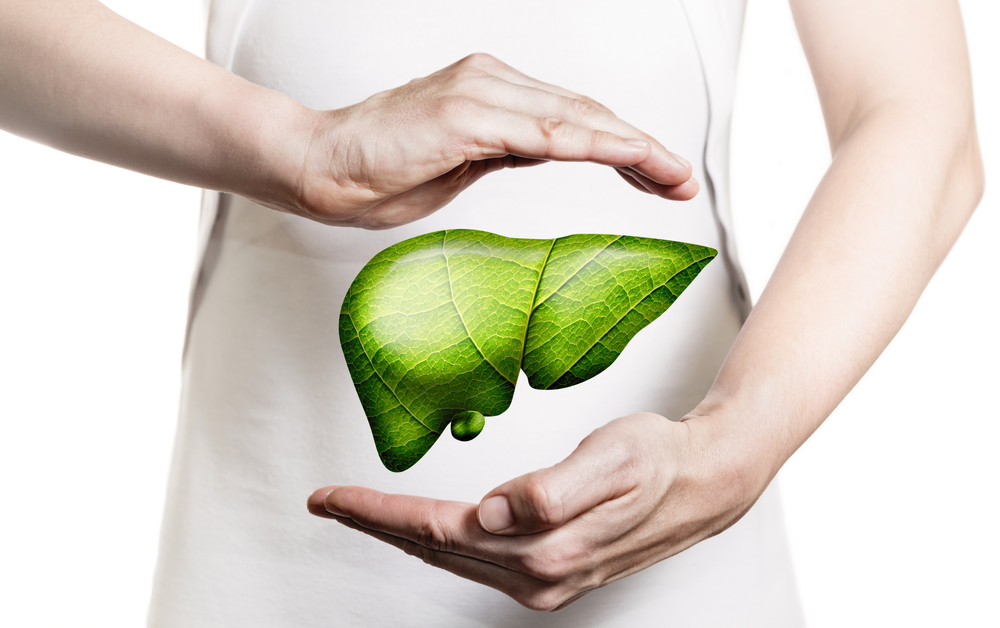Eating right for liver health

Even though only 4.5 million adults in the United States have been diagnosed with liver disease, the American Liver Foundation estimates that as many as 100 million people have fatty liver disease and simply do not know it.
There are many kinds of liver disease, including that caused by viruses, such as hepatitis A, B, and C, which cause inflammation of the liver. Excess alcohol and other substances can result in fatty liver disease and cirrhosis. Inherited liver diseases include hemochromatosis and Wilson disease. Poor diet can also cause fatty liver disease.
Because liver disease is among the top causes of death in our country, it’s important to understand that there is something you can do to both prevent fatty liver disease and to help manage it: eat liver-healthy food. When you eat food good for the liver, you help avoid the inflammation and scarring that can occur when liver disease progresses.
For optimal liver health, add some food from this healthy liver diet to your grocery list:
High-fiber foods – Incorporate fiber-rich whole grains into your fatty liver diet. A great example is oatmeal. Eating foods with lots of fiber can help you lose belly fat for a healthier liver. Legumes are also a great source of fiber.
Green veggies – Eat more spinach and broccoli to keep your liver in great shape. Studies have linked eating broccoli to a reduction in nonalcoholic fatty liver disease while spinach is an amazing source of antioxidants. They’re both also easy to prepare and enjoy. While cooked spinach still provides some benefits, raw spinach retains the most nutrients.
Coffee, tea and water – Drinking two or three cups of coffee each day can actually minimize liver damage caused by overindulging in alcohol or fatty foods. Meanwhile, the antioxidants in green tea can help protect your liver against liver cancer, especially when enjoyed hot. Staying hydrated with water is a great way to improve your overall health and avoid the calories that come with sugary beverages.
Fatty acids – Cooking with olive oil or avocado oil is an easy way to increase your intake of healthy omega-3 fatty acids, a healthy fat with several health benefits. Omega-3 fatty acids can reduce liver inflammation and help with insulin resistance – which can damage your liver. Salmon is another great and tasty source of healthy omega-3 fatty acids.
Nuts and seeds – Eaten in moderation, nuts like almonds can lower your risk of nonalcoholic fatty liver disease and improve liver function. Sunflower seeds are also a great source of vitamin E, which can treat nonalcoholic fatty liver disease.
Berries – Packed with antioxidants that can help break down fatty acids, control insulin resistance and reduce inflammation, berries are a sweet addition to your healthy liver diet. Strawberries and raspberries are great additions, too.
Herbs and spices – Oregano, garlic, rosemary, sage, cinnamon and curry powder are great spices and herbs to incorporate for liver health. They can help you reduce excess use of salt, and some provide their own health benefits, like garlic’s ability to help people lose weight.
Food to avoid with fatty liver include:
Alcohol – While you can still enjoy a moderate amount of alcohol (one drink per day for women and two for men), it’s best to avoid overindulging, as this can lead to cirrhosis over time. Due to the inflammation caused by excess alcohol, you increase your risk for liver disease by drinking more than this limit.
Excess sugar – Whether found in sodas, sugary cereals or other junk food, added sugar can take a toll on the liver. When you take in too much sugar, your liver converts it into fat, which puts you at risk for developing fatty liver disease. Watch nutritional labels to spot added sugars in the foods you eat.
High-fat and processed foods – From fried foods to processed or red meats, high-fat and processed foods are everywhere. Unfortunately, these foods that are high in saturated fats can lead to weight gain, which increases your risk for fatty liver disease. When possible, choose natural lean meats and whole foods while avoiding boxed processed foods.
White grains – Processed grains lack the nutrition that comes from whole grains, providing comparatively little nutritional value. Instead, these highly processed carbs pack on calories and can raise your blood sugar. Many grain products are available in whole wheat varieties, making it easy to switch to a healthier option.
Your liver is one of your body’s most critical organs, removing toxins and assisting in digestion – so taking care of it is just as critical. Keep your liver healthy and yourself out of Avail Hospital by making food good for the liver part of your everyday diet.
